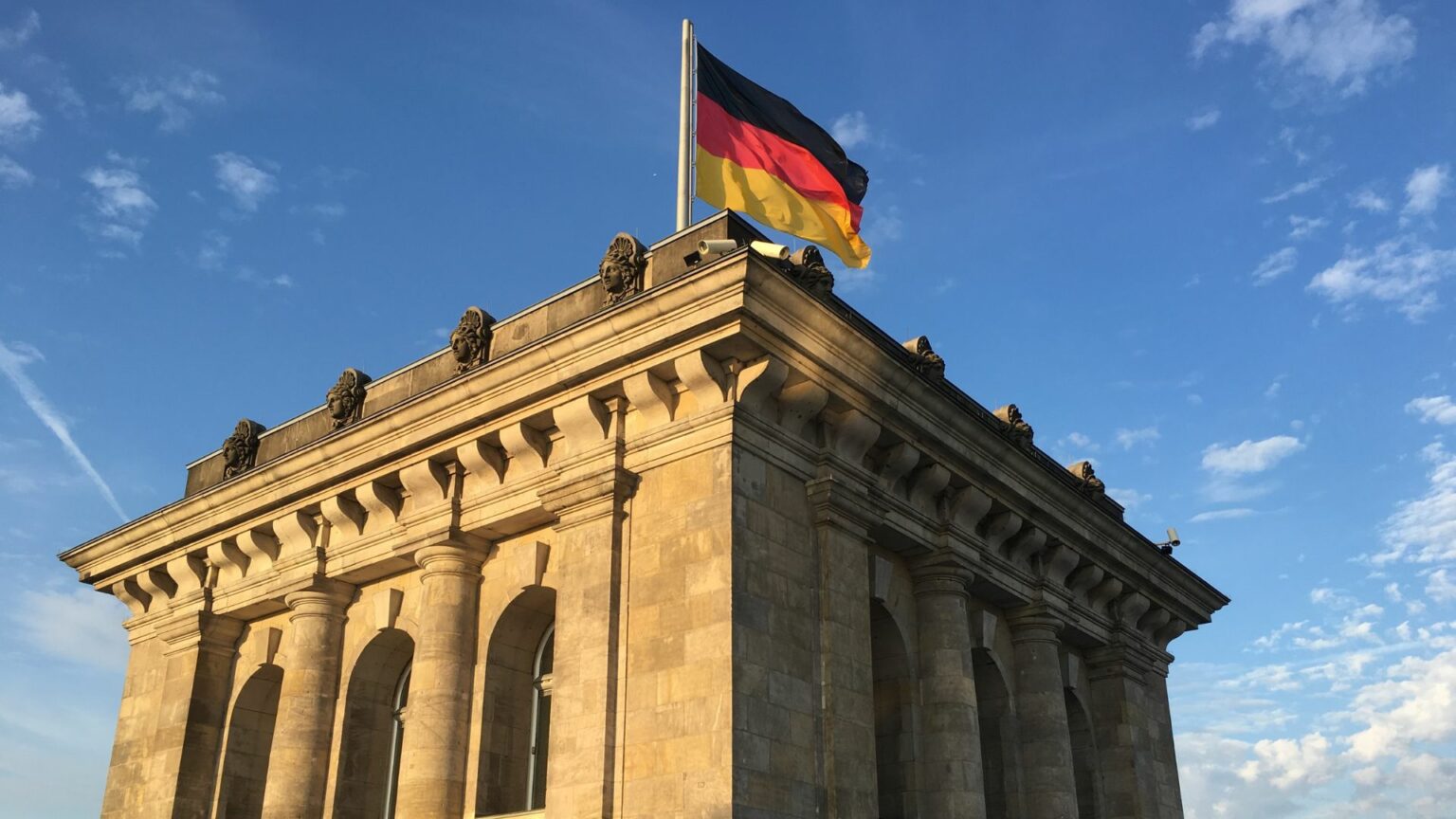The European Commission has given consent, inline with EU state aid regulations, to a €350M scheme in Germany that will elevate the production of renewable hydrogen.
The scheme is aligned with the European Hydrogen Bank’s “Auctions-as-a-Service” tool goals, the REPowerEU Plan, and Europe’s Green Deal Industrial Plan. It aims to reduce fossil fuel imports from Russia and expedite the green transition.
In an intent to support renewable hydrogen production, Germany notified the Commission of a scheme worth €350M. This scheme is part of the European Hydrogen Bank’s “Auctions-as-a-Service” tool. It promotes the construction of up to 90MW electrolysis capacity, encouraging approximated 75,000 metric tons of renewable hydrogen. By 2030, Germany aims to hold at least 10GW domestic electrolysis capacity, contributing to the EU’s goal of producing a minimum 42.5% renewable energy.
The aid will function as a direct grant per kilogram of renewable hydrogen produced, lasting for up to 10 years. Beneficiaries need to adhere to [EU criteria for the production of renewable fuels of non-biological origin (RFNBOs).
The Commission evaluated the measure under EU state aid rules and found the scheme necessary, suitable, and incentive-giving. It concluded that the scheme facilitates renewable hydrogen production and is sufficient to drive decarbonization of industrial, transport, and energy sectors. The measure’s favorable effects outweigh any possible negative competition distortions.
The European Hydrogen Bank aims to facilitate renewable hydrogen production and imports to Europe. The bank looks to close the investment gap and connect future renewable hydrogen supplies to consumers, achieving an intended target of 20 million tons by 2030. This contributes to the REPowerEU objectives and the transition to climate neutrality.
On 20 December 2023, Germany announced its participation in the European Hydrogen Bank’s “Auctions-as-a-Service” scheme.
